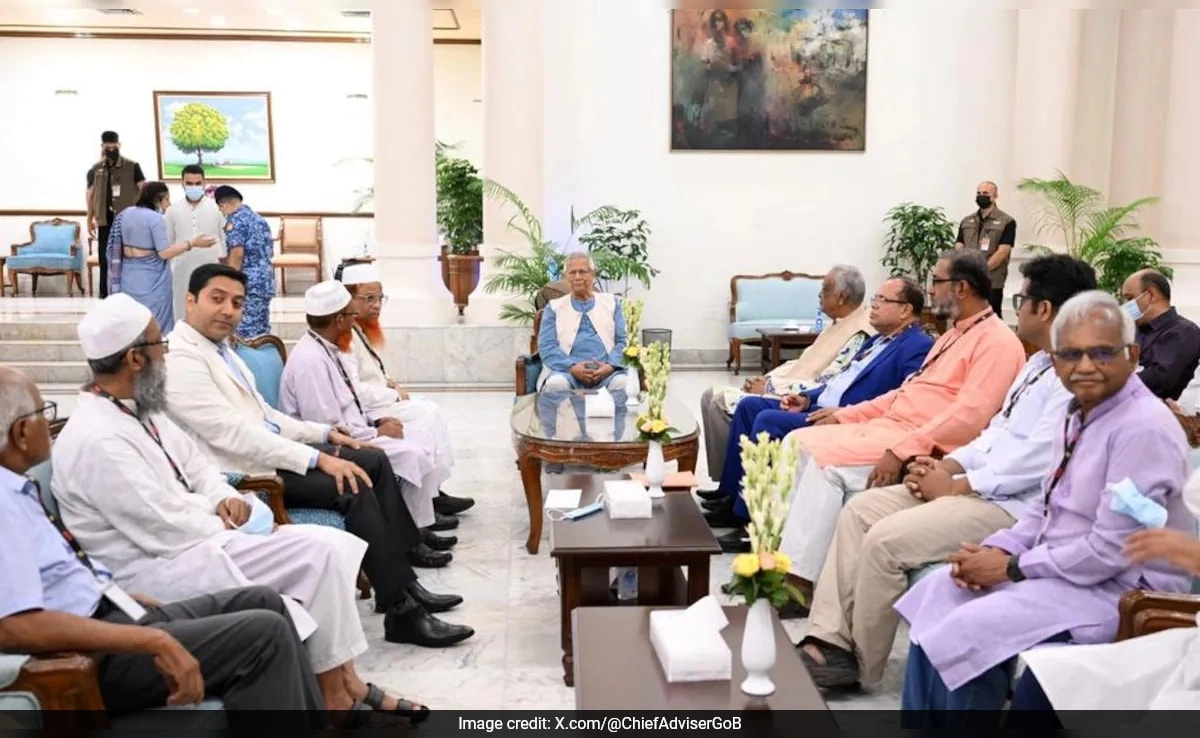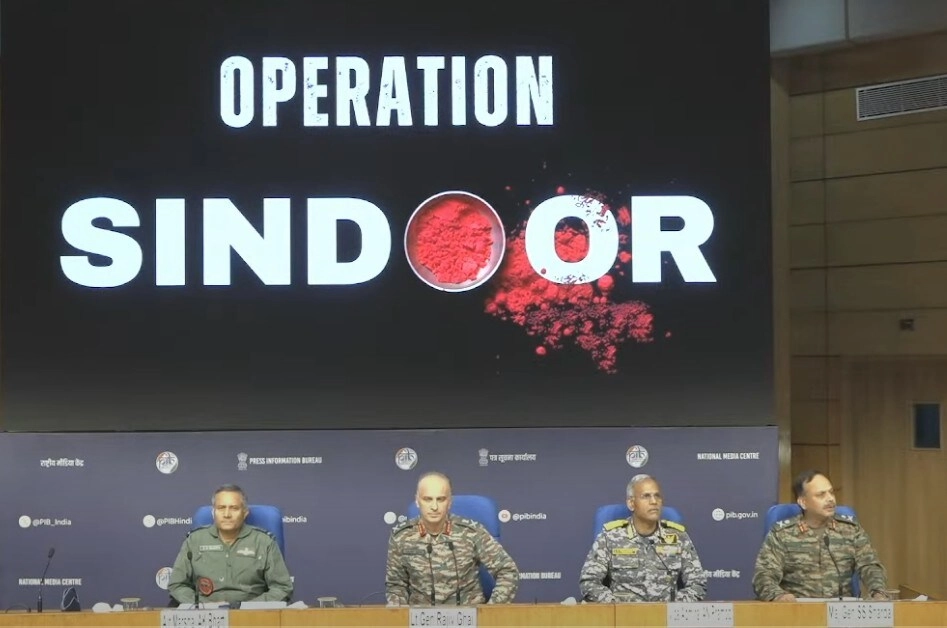In a significant political development in Bangladesh, the announcement for the upcoming national polls is anticipated to take place in August. This period is crucial as the nation gears up for elections that will shape its governance and political landscape for the coming years. The electoral process in Bangladesh is often marred by tension and controversy, with various political factions vying for power. As the nation prepares for this pivotal moment, calls for unity among the political elites have become increasingly pronounced. Prominent figures, including Nobel laureate Muhammad Yunus, have been vocal about the necessity for a collaborative approach among political leaders to ensure a peaceful and democratic election process.
Yunus, known for his work in social business and microfinance, has emphasized the importance of setting aside differences and working towards a common goal: the betterment of the country. He argues that unity among political parties is essential not only for a fair electoral process but also for fostering an environment conducive to development and stability in Bangladesh. His call for collaboration resonates particularly in a context where political rivalries have historically led to violence and unrest during election periods. The need for dialogue and compromise is critical, especially as the nation faces various socio-economic challenges that require collective action.
As August approaches, the political atmosphere in Bangladesh is likely to intensify, with various parties mobilizing their supporters and strategizing for the upcoming elections. The announcement of the election date will set the stage for a series of campaigns and debates, which will highlight the differing visions for the country’s future. While the ruling party and opposition will undoubtedly clash over their policies and approaches, Yunus’s call for unity serves as a reminder of the potential for cooperation in addressing the pressing issues facing the nation. It also raises questions about the role of civil society and influential figures in mediating conflicts and promoting a peaceful electoral process.
Ultimately, the success of the upcoming elections will hinge not only on the electoral mechanics but also on the political culture that prevails in the lead-up to the polls. As leaders and citizens alike reflect on the importance of unity, there is hope that the upcoming electoral cycle will be characterized by a spirit of collaboration rather than division. The eyes of the nation will be on the political landscape as it unfolds, with the hope that the call for unity will translate into tangible efforts to foster a more inclusive and democratic environment in Bangladesh.




